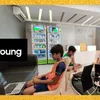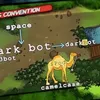How HackerEarth co-founder’s 7-month-old coding startup made it to Y Combinator’s Winter Batch ’21
Codingal, a live coding and STEM learning startup from Bengaluru, has been selected for Y Combinator’s Winter Batch ’21, after raising undisclosed funds from the Silicon Valley-based tech accelerator.
Vivek Prakash knows a thing or two about building online communities.
As the Co-founder and CTO of since 2012, the alumnus built and nurtured a four million-strong community of developers and programmers from all over the world, and even assisted enterprises with their technical hiring needs.
But 2019 onwards, Vivek was on the lookout for his next big idea that could keep him engaged for 10 to 15 years. The K-12 education space in India caught his attention.
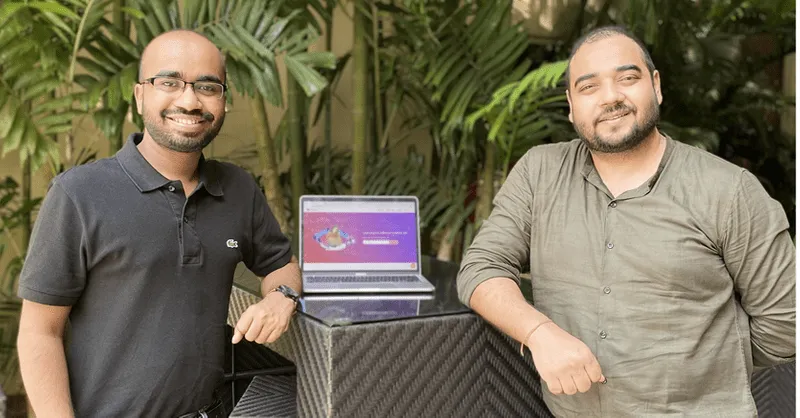
Vivek Prakash (L) and Satyam Baranwal, Co-founders, Codingal
He tells , “While leading the HackerEarth community across geographies, I realised that high school kids in the US and China were interested in participating in coding contests and hackathons. Schools there had a well-defined K-12 computer science framework. But, in India, the school curriculum was boring and outdated. It confirmed my belief that this is an area worth spending my time on.”
“That the K-12 scene also exploded around this time was just a coincidence,” he says.
Vivek quit HackerEarth in January 2020, and set up Codingal in July 2020. The Bengaluru-based startup offers a live platform for K-12 students to learn coding and STEM subjects in a fun manner.
Codingal went live in September 2020, after acquiring Skillovate Learning — a Pune-based startup that taught coding and robotics to school students.
Following the acquisition, Skillovate Learning founder Satyam Baranwal (an IIT Dhanbad alumnus) joined Codingal as its Co-founder and COO.
Vivek says, “Our focus was on having good quality teachers and a great curriculum that has no fluff but only the real stuff. All teachers on Codingal are mandated to have a computer science background and prior teaching experience.”
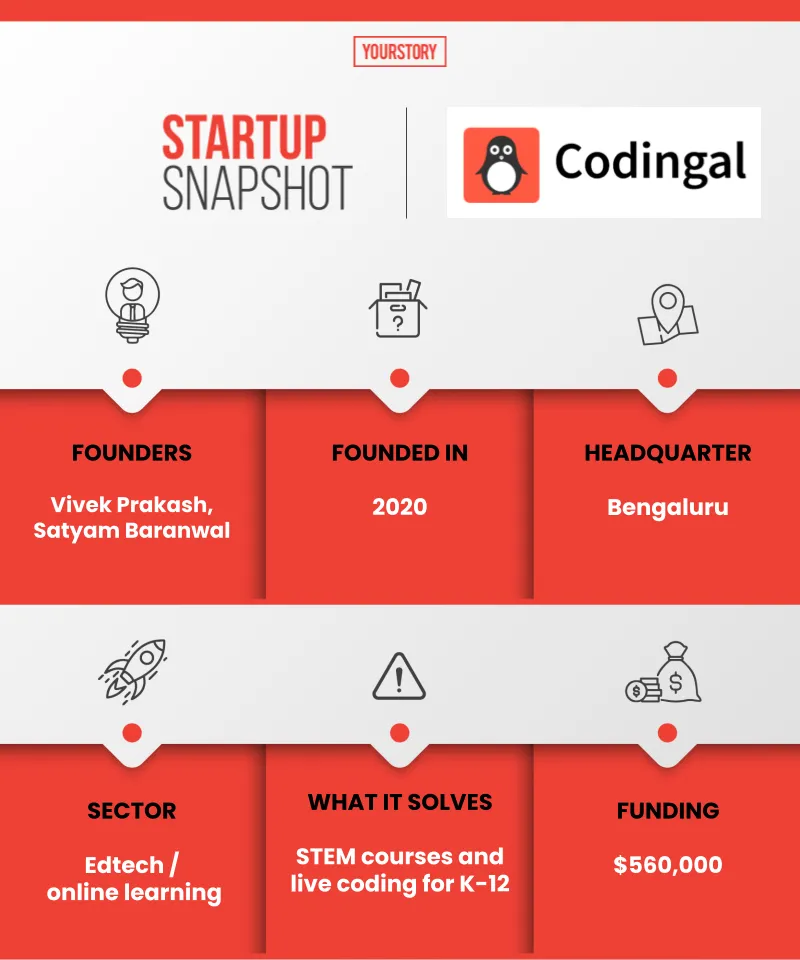
Infographic: YS Design
Courses on offer and early growth
Codingal offers live coding courses across three segments of K12: block coding (Class 1 to 5), web development (Class 6 to 8), Python and robotics (Class 9 to 12). Users can book a free class before opting for a course.
Each course has 92 classes and runs for a year. All students get customised learning paths and additional tools and guidance to build apps, websites, games, chatbots, etc. Most classes are live 1:1, but 10 percent of it is peer-to-peer learning.
Codingal’s curriculum is focused on helping kids improve their logical thinking, problem-solving skills, and conceptual clarity on complex topics by 70 percent.
The platform also aims to inspire more students, especially girls, to take up computer science and be ready for 21st century jobs.
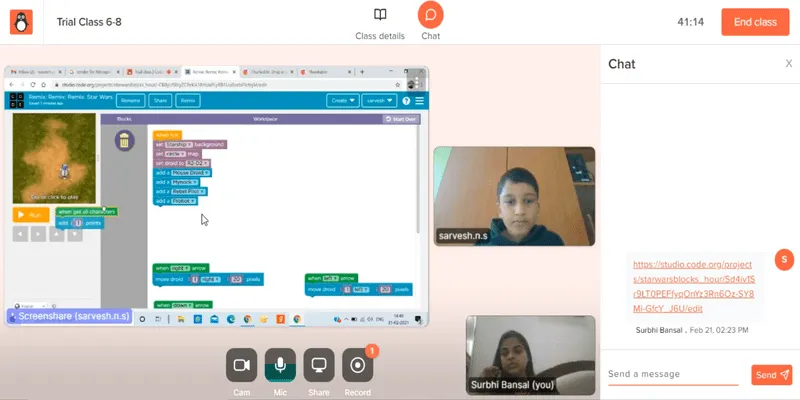
Codingal has held 6,000+ live classes since launch
Vivek shares, “Coding jobs are the future. They already constitute more than 60 percent of all roles in science, technology, engineering, and math. Those who start young will be ahead by the time they get into college. They will be creators of the future. We envision Codingal as the default playground for every child interested in learning computer science by building apps, games, and websites.”
In five months, Codingal claims to have enrolled over 40,000 students and held more than 6,000 live classes. It has a paid user retention rate of 80 percent. The platform is also fostering community-building through coding competitions and hackathons that let students showcase their projects from the get-go.
The startup has also partnered with premier institutions like BITS Pilani, IIT Bombay, IIT Madras, IIT Roorkee, and various schools, to run nation-wide coding competitions.
selection and future roadmap
Last month, Codingal was inducted into Y Combinator’s Winter Batch 2021. It also raised an undisclosed amount from the Silicon Valley-based startup accelerator. It plans to use the funds to enhance its curriculum, expand its teacher base to 10,000, and grow the coding community to one million students in three years.
By the end of 2021, Codingal is targeting 250,000 registered users, half a million live classes (free and paid), and $3 million ARR.
“Our selection by Y Combinator is an exciting development for us, and we count upon their support in building Codingal as a global online school in the K-12 segment,” says the founder.
Prior to Y Combinator, Codingal had raised $560,000 in a seed round led by Rebright Partners, Java Capital, and GSF Accelerator in November 2020. It would be using the capital to grow users, and introduce more STEM-related courses and competitions.

Karteek Pulapaka, Co-Founder & Partner, Java Capital, said, "Students thrive when learning is experiential and when it engages the peer community. Vivek and Satyam have deep expertise in building cutting-edge computer science curriculum and proven ability in building massive community-driven platforms.”
“Codingal’s community engagement through gamification, quizzes, and hackathons will be crucial not only in imparting up-to-date coding skills but also in making learning fun and exciting,” he added.
While it’s still early days, Codingal has entered a K-12 market that not only has a captive learning audience, but also sees 260 million enrollments annually.
But this sector is also very cluttered, with a plethora of STEM learning startups, including BYJU’S-owned WhiteHat Jr, Toppr Codr, Coding Ninjas, Tekie, Camp K12, LeapLearner, Tinker Coders, CodeYoung, Codevidhya, Dcoder, and several others vying for market share. Coding for K12 students is estimated to be a $14 billion market.
How then does Codingal plan to differentiate itself?
Vivek signs off with, “User retention is going to be very important, and those who will play the long-term game will sustain and thrive. We understand learning paths deeply, and we will stick to the value we are providing to end users.”
Edited by Teja Lele



